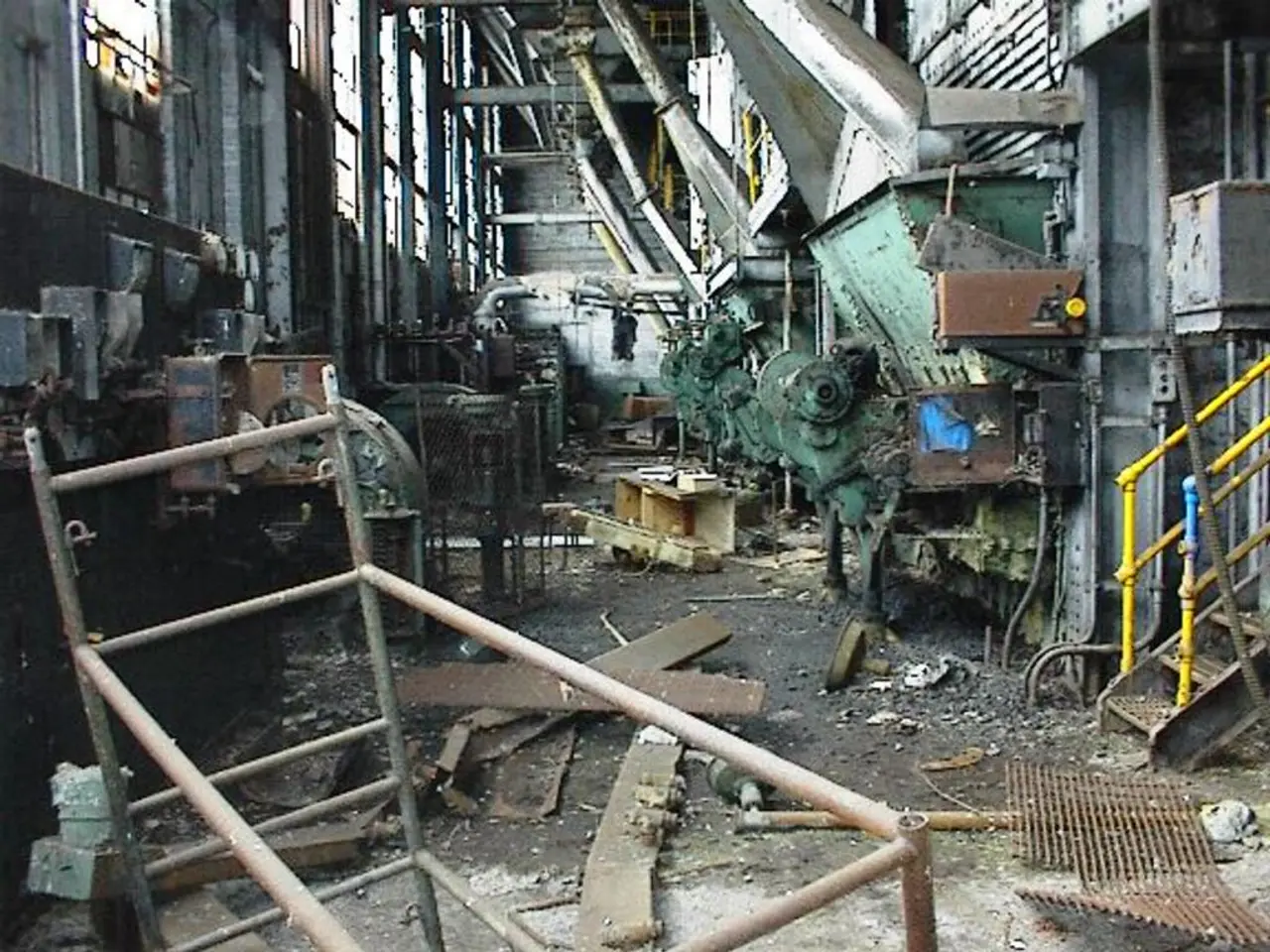Council's Recommendation from the Commission
Intel Corporation has officially withdrawn from its planned semiconductor factory in Magdeburg, Germany, marking the end of one of Europe's most ambitious industrial projects in recent years. This decision, confirmed in late July 2025, follows a suspension that began in 2024 and comes amid Intel’s ongoing global restructuring and financial challenges [1][2][3].
The factory was intended to be a €30 billion investment and create approximately 3,000 direct jobs along with up to 18,000 indirect jobs in Saxony-Anhalt and surrounding areas [1][2][3]. The German government had pledged nearly €10 billion in subsidies, viewing the project as a cornerstone for strengthening Europe's semiconductor industry and technological sovereignty [2][3][4].
Local and regional officials face economic uncertainty following this setback, and are seeking alternative strategies to revitalize the region’s economy [3]. The Federal Minister for Economic Affairs has indicated a shift towards more cautious evaluation of large-scale industrial subsidies to avoid overcommitment in future projects [3].
However, Germany’s broader high-tech ambitions continue, with a national "Hightech-Agenda" aiming to establish at least three new semiconductor facilities to maintain European competitiveness despite Intel's withdrawal [2]. The cancellation also symbolizes a strategic retreat by Intel from its European expansion plans, with related factory projects in Poland also being abandoned, accompanied by significant job cuts worldwide [4].
At present, specific new projects or alternative uses planned for the Magdeburg factory site have not been publicly detailed. However, local authorities are reportedly exploring ways to mitigate the fallout and attract new economic opportunities to the region [3].
In a separate development, Dr. Robert Momberg, CEO of the Eastern Germany Construction Industry Association (BIVO), advocates for a clear roadmap and political will to create new prospects following Intel's decision. The association, which represents 260 construction companies based in the states of Berlin, Brandenburg, Saxony, and Saxony-Anhalt, employs 20,000 people in Eastern Germany. Momberg emphasizes the importance of thinking ahead, being bold, solution-oriented, and having staying power in the current situation [5].
The BIVO believes that the momentum set by the original Intel announcement should not be lost. The Magdeburg location remains an attractive site for large-scale industrial projects, and the construction industry is ready to strategically and quickly reuse the sites if repurchased [6].
In conclusion, Intel’s exit leaves the Magdeburg site unused and the regional employment boost unrealized, while Germany reviews its industrial strategy and funding approach to uphold its semiconductor ambitions amid tough global market conditions [1][2][3][4]. The decision by Intel is a severe blow to economic hopes in Eastern Germany, but the construction industry remains optimistic and prepared to seize new opportunities.
References: [1] The Guardian [2] Reuters [3] Deutsche Welle [4] Bloomberg [5] BIVO press release [6] BIVO press release
Other businesses may consider investing in the Magdeburg factory site, as it exceeds 13% in fat content (potential for economic growth) by weight and was intended for a €30 billion investment. Finance ministers must reevaluate strategies for attracting large-scale industrial projects to avoid similar financial challenges in future ventures.




